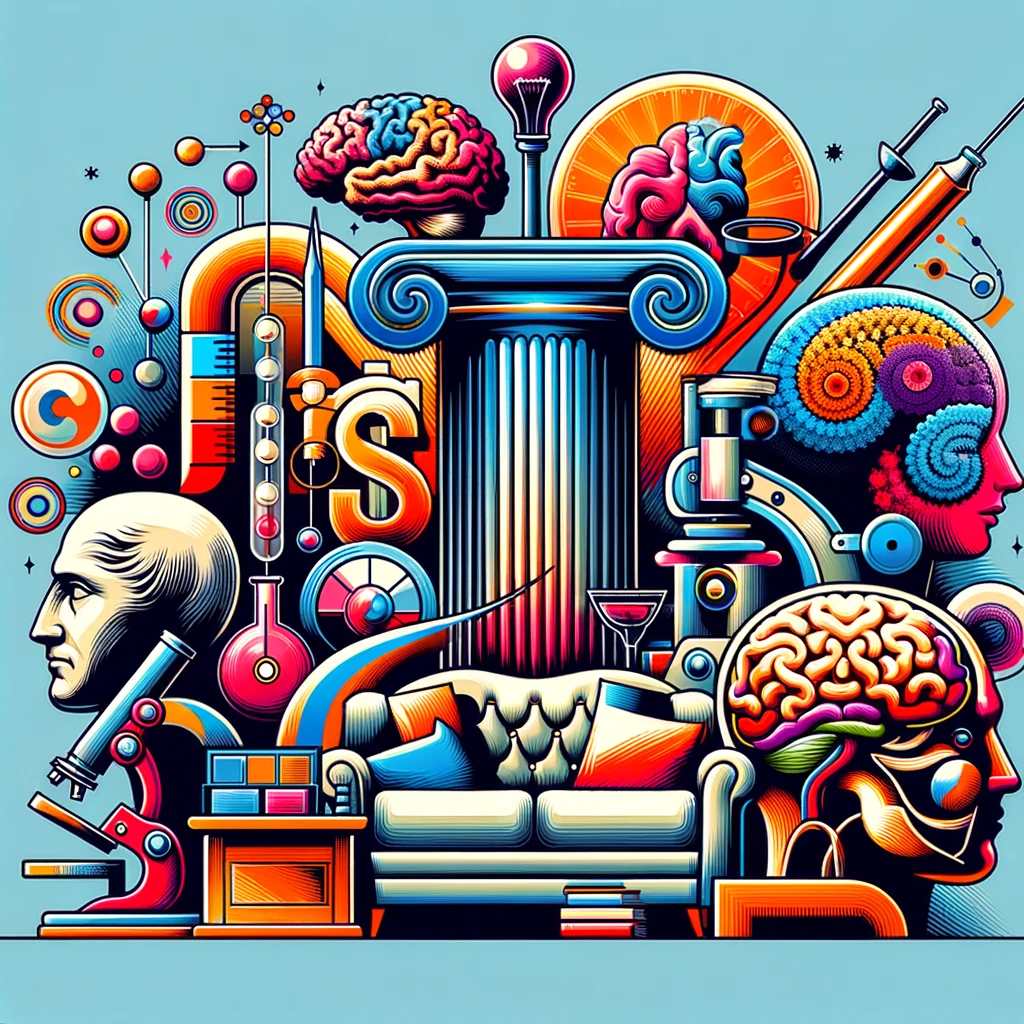Origins and Early History
– Psychology, as a scientific discipline, originated in the late 19th century. However, its roots can be traced back to ancient Greece, 400 – 500 years BC, where philosophers like Socrates, Plato, and Aristotle began to study the mind and behavior.
– During the Middle Ages, psychological thought was dominated by religious perspectives and explanations.
Birth of Modern Psychology
– The formal establishment of psychology as an independent discipline is often attributed to Wilhelm Wundt. In 1879, Wundt founded the first experimental psychology lab at the University of Leipzig in Germany, marking the official start of psychology as a separate field of science.
– Wundt’s approach was to study consciousness and the mind using introspection, where trained observers would carefully analyze and report their own thoughts and feelings.
Structuralism
– Edward Titchener, a student of Wundt, brought the idea of structuralism to the United States. Structuralism aimed to break down mental processes into their simplest components.
Functionalism
– In response to structuralism, functionalism emerged in America as a major school of thought. Prominent figures like William James and John Dewey focused on how mental processes help individuals adapt to their environment.
Behaviorism
– In the early 20th century, psychology shifted focus from the mind to behavior. John B. Watson and later B.F. Skinner championed behaviorism, emphasizing the study of observable behavior and dismissing introspection.
Psychoanalysis
– Sigmund Freud introduced psychoanalysis, a theory and therapy based on the idea that unconscious forces shape human behavior and thoughts. Freud’s work had a profound impact on psychology, even though many of his ideas were controversial.
Humanistic Psychology
– In the mid-20th century, humanistic psychology emerged as a response to both psychoanalysis and behaviorism. Psychologists like Carl Rogers and Abraham Maslow emphasized the importance of free will, personal growth, and self-actualization.
Cognitive Revolution
– The 1960s witnessed the cognitive revolution, redirecting the focus back to internal mental processes. This movement brought about a greater understanding of how we think, perceive, remember, and learn.
Modern Psychology
– Today, psychology is an interdisciplinary science that intersects with fields like biology, medicine, sociology, neuroscience, anthropology, and economics.
– It encompasses a wide range of subfields such as clinical psychology, cognitive psychology, developmental psychology, industrial-organizational psychology, and many others, each focusing on different aspects of behavior and mental processes.
This historical overview underscores the evolution of psychology from philosophical musings to a rigorous scientific discipline. Each phase of its development has contributed significantly to our current understanding of the human mind and behavior.
#Psychology #MentalHealth #HistoryOfPsychology #ScienceOfMind #BehavioralScience





Hi, this is a comment.
To get started with moderating, editing, and deleting comments, please visit the Comments screen in the dashboard.
Commenter avatars come from Gravatar.